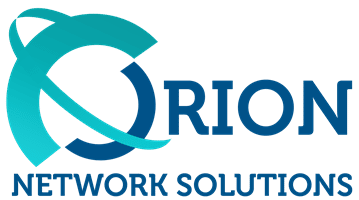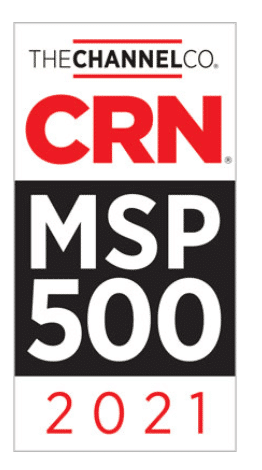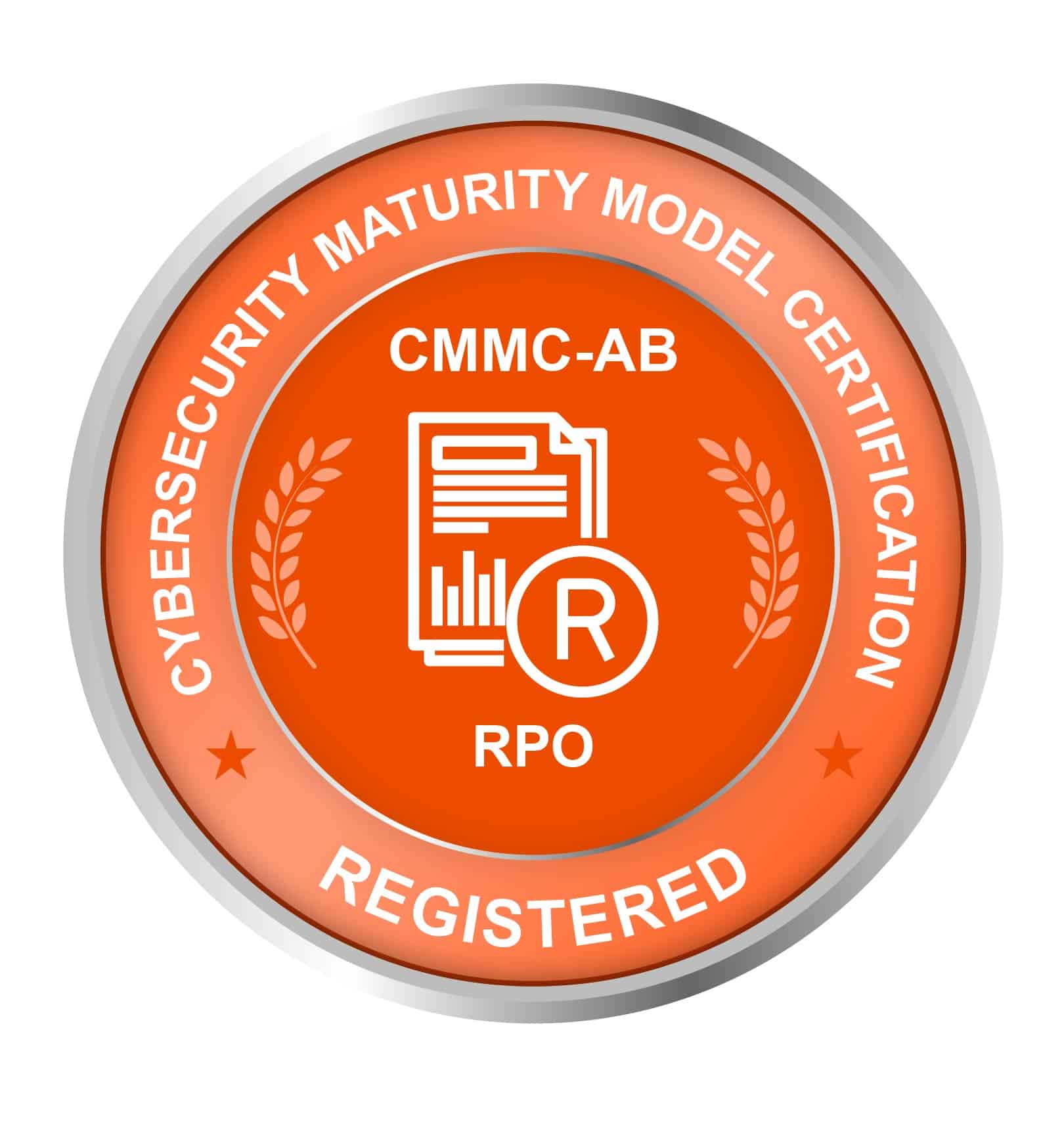Top 5 Information Technology Requirements For DC Area Nonprofits In 2024: Essential Tech Needs
As we navigate into 2024, nonprofit organizations in the Washington, DC, area find themselves at a critical juncture in aligning their information technology (IT) with mission objectives. The pace at which technology evolves demands a reassessment of tools and practices, especially where data handling, security, and operational efficiency are concerned. For DC-area nonprofits, which often operate under unique legal and financial constraints, the choice of IT infrastructure and security measures is not just about technological prowess; it’s about ensuring sustainability, compliance, and the achievement of their social missions.
Ensuring the right technology is in place is pivotal. The IT framework must be robust to protect sensitive information and flexible enough to adapt to the dynamic nature of technology and the ever-changing landscape of grant and funding requirements. Furthermore, amidst the global shift towards remote capabilities, cloud technologies and disaster recovery planning have become increasingly essential, allowing for service continuity and collaborative opportunities beyond geographical boundaries. Recognizing the value of having an adept IT partner, such as Orion Networks, has become integral to fostering a successful digital transformation geared toward enhancing impact.
Key Takeaways
- DC nonprofits must reassess their IT to align with mission goals and technological advances.
- An adaptive IT framework is essential for compliance, sustainability, and fulfilling social missions.
- Partnering with expert IT vendors is crucial for navigating the complex digital landscape.
Cybersecurity Compliance
As we move into 2024, our nonprofit organizations in the DC area must adhere to stringent cybersecurity compliance regulations to protect sensitive data and maintain the trust of our stakeholders.
Data Protection Standards
The foundation of cybersecurity compliance for nonprofits is robust data protection standards. We must ensure:
- Data Inventory: Regular assessments to catalog the types of data collected and where it’s stored.
- Access Controls: Strict protocols to control who has access to sensitive information.
- Data Encryption: Adoption of encryption to protect data both at rest and in transit.
Network Security Protocols
Robust network security protocols are non-negotiable to comply with current cybersecurity requirements. We must implement:
- Firewalls: Deployment of robust firewall systems to monitor and control incoming and outgoing network traffic.
- Intrusion Detection Systems (IDS): Setup of IDS to track potential security breaches.
- Regular Updates and Patches: Ensuring all systems are up-to-date with the latest security patches.
Employee Security Training Requirements
Training our employees is critical for maintaining cybersecurity compliance. Our training program includes:
- Mandatory Training Sessions: Regular, mandatory cybersecurity training for all employees.
- Phishing Awareness: Exercises and workshops to help identify and avoid phishing attempts.
- Policy Understanding: Clear communication of our cybersecurity policies and the legal implications of non-compliance.
Cloud Computing Infrastructure
In addressing the specific needs of DC area nonprofits for 2024, we recognize that a robust cloud computing infrastructure is essential. It ensures operational resilience, facilitates remote work, and provides scalable resources to meet various demands.
Data Storage Solutions
Our cloud data storage solutions provide the foundation for secure and reliable data management. With an emphasis on security and storage capabilities, we offer:
- Centralized storage: Simplifies data access and backup processes.
- Data redundancy: Mitigates risks of data loss with multiple copies.
These solutions are designed to handle the growing data requirements and offer easy scalability to match the evolving needs of nonprofit organizations.
Cloud Service Providers
The right cloud service provider is critical for our continuous support and robust infrastructure. We focus on providers that guarantee:
- High availability: Ensuring consistent and reliable access to services.
- Fully managed support: Giving us peace of mind with expert help.
We partner with providers that align with nonprofit goals and offer tailored services that help maximize efficiency and impact.
Application Scalability
Our approach to application scalability is centered on ensuring your nonprofit can adapt to changing demands with minimal effort. We ensure:
- Elastic resources: To scale up or down based on real-time needs.
- Load balancing: For distributing workload evenly, ensuring optimal performance.
By prioritizing scalability, our infrastructure can support your mission during growth and consolidation periods.
Disaster Recovery Planning
In Washington, D.C., nonprofits must prioritize establishing robust disaster recovery plans to safeguard their critical IT operations.
Business Continuity Strategies
We recognize the significance of maintaining essential functions during a disruption. Consequently, our business continuity strategies include:
- Risk Assessment: Identify which systems and processes are critical for our nonprofit’s operations.
- Impact Analysis: Determine the potential impact of different disruptions on these critical systems.
- Continuity Planning: Develop approaches to maintain or quickly resume important functions.
Backup Processes
Regular backups are a cornerstone of any disaster recovery strategy. We implement:
- Daily Backups: Ensure frequent backups of all vital data with secure on-site and off-site storage.
- Automated Solutions: Leverage automated backup systems to minimize human error and ensure reliable data capture.
- Regular Updates: Keep our backup processes up-to-date with the latest technology advancements and changes in our operational procedures.
Recovery Testing Procedures
We understand the necessity of validating our disaster recovery plan through thorough testing. Our recovery testing procedures involve:
- Scheduled Drills: Conduct regular recovery simulations to test the effectiveness of our plan.
- Scenario Analysis: We assess our plan’s endurance against various potential disaster scenarios to identify areas for improvement.
- Documentation and Review: We meticulously document the results after each test and refine our disaster recovery plan accordingly.
Innovative Technologies Adoption
Adopting innovative technologies is crucial for nonprofits in the DC area to remain effective and competitive in 2024. We aim to leverage recent advancements to enhance our service delivery and operational efficiency.
Emerging Tech Trends
- Artificial Intelligence (AI): AI transforms how we analyze data and automate repetitive tasks, leading to better decision-making.
- Cloud Computing: We utilize cloud services for their scalability and cost-effectiveness, ensuring facile data management and collaboration.
- Internet of Things (IoT): We improve asset tracking and gain real-time insights into our operations by integrating IoT.
Technology Integration
To maximize efficiency, we’re incorporating advanced technologies into various aspects of our work:
- Smart Tech in Operations: We integrate smart technology to streamline our finance and communication workflows.
- Multimedia Storytelling: Leveraging video and podcasts, we aim to engage our audience more compellingly.
Staff Training and Support
Ensuring our staff are proficient with new technologies is of paramount importance. We focus on:
- Ongoing Training Programs: We provide comprehensive training for staff to adapt to new IT systems confidently.
- Technical Support: A robust technical support system is in place to assist staff with any IT-related challenges.
Regulatory and Funding Requirements
In this section, we uncover the critical Information Technology requirements for nonprofit organizations in Washington, D.C., concerning regulatory standards and funding mechanisms.
Grant Acquisition and Management
We understand the importance of securing and managing grants effectively. Nonprofits must navigate various grant databases and maintain organized records of all funding sources. For IT projects, this often entails accurately detailing the technology needs, project scope, and potential impact to acquire grants tailored to tech enhancements successfully. Proper grant management also includes periodic reporting to funders to ensure continual support.
Federal and State Compliance
Our compliance with federal and state requirements is paramount. In D.C., nonprofits must adhere to Section 501(c)(3) of the Internal Revenue Code to maintain tax-exempt status. Additionally, organizations should comply with procurement regulations, like the specificity outlined in D.C.’s Articles of Incorporation for nonprofits and federal acquisition subparts pertinent to information technology, such as 239.7302 Applicability in ensuring secure and effective IT systems.
Financial Transparency
We recognize our obligation to financial transparency, which bolsters trust among stakeholders and the general public. Nonprofits must disclose net earnings and ensure that no part of the income benefits private shareholders. In terms of IT, clear documentation of expenditures, like the cost of software licenses, hardware purchases, and service agreements, should be made available:
- Software Licenses: List all active licenses and associated costs.
- Hardware Purchases: Itemize equipment acquired and related expenses.
- Service Agreements: Detail third-party service contracts and financial terms.
Maintaining financial transparency is a legal requirement and a best practice that we uphold to ensure accountability and integrity within our IT operations.
Why DC Area Nonprofits Need To Have An Information Technology Vendor In Their Corner Like Orion Networks
As we navigate the complexities of 2024, we recognize the critical role that information technology (IT) plays in the success of nonprofits in the Washington, DC, area. Partnering with an IT services company, such as Orion Networks, provides numerous benefits that are key to our operations and mission.
- Expertise in Local Regulatory Compliance: With regulations constantly evolving, we require an IT partner well-versed in local compliance issues to help navigate the obligations specific to the DC area.
- Customized Solutions for Nonprofit Needs: Our needs differ from those of for-profit entities. Orion Networks understands this and tailors solutions to our unique requirements, helping us to use technology effectively to meet our organizational goals.
- Rapid Response to IT Issues: We face significant operational risks from downtime. A dedicated IT vendor provides prompt support when issues arise, ensuring minimal disruption to our services.
- Cybersecurity Awareness: The cybersecurity landscape is challenging. We benefit from Orion Networks’ expertise in protecting our data and operations from breaches and cyber threats.
- Strategic IT Planning: We need to stay ahead of technological advancements. Orion Networks aids in strategic IT planning, keeping us relevant and operationally efficient.
We approach our mission with confidence, knowing that with a specialized vendor like Orion Networks in our corner, we are well-equipped to face the technological challenges of 2024.











